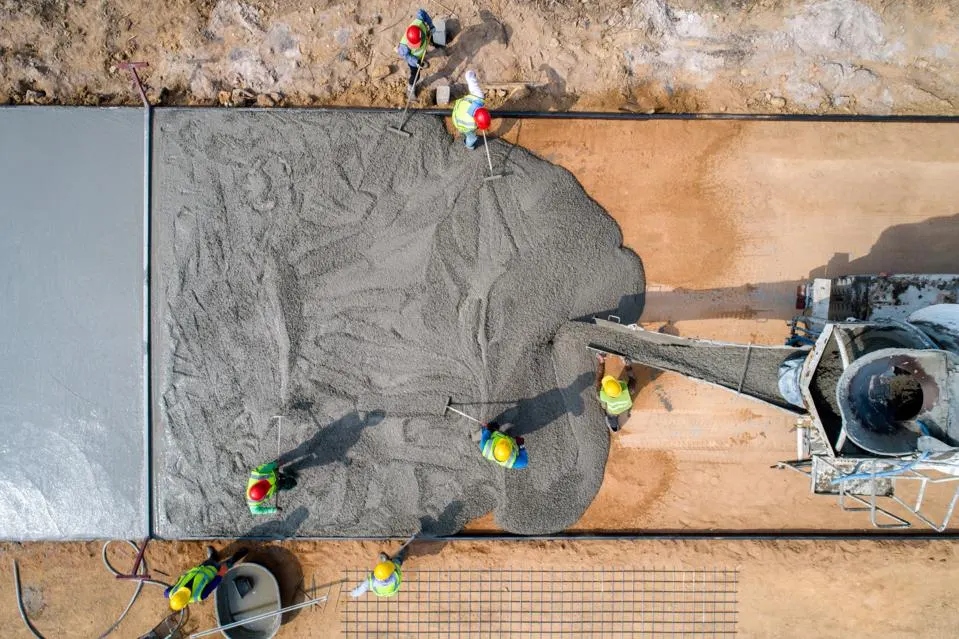Comments
- No comments found

UK scientists have discovered a groundbreaking method to address cement production's substantial carbon footprint.
By repurposing cement from demolished concrete structures and harnessing electric-powered furnaces fueled by renewable energy sources, researchers are poised to slash emissions from this ubiquitous construction material.
Cement stands as the cornerstone of the global economy, both figuratively and literally, binding sand and aggregate in concrete, the planet's second most utilized substance after water. Yet, its production process exacts a heavy toll on the environment. Traditional cement manufacturing involves heating limestone to extreme temperatures using fossil fuels, emitting copious amounts of greenhouse gases. In fact, if cement were a nation, its emissions would rank third globally, trailing only China and the United States.
The solution lies in a pioneering approach pioneered by scientists from Cambridge University. Leveraging the well-established concept of reactivating used cement through high-temperature exposure, the team ingeniously taps into the heat generated by another industrial heavyweight: steel recycling. Remarkably, the composition of used cement mirrors that of slag, a byproduct in electric arc furnaces utilized in steel recycling, presenting a symbiotic opportunity for emissions reduction.
Mark Miodownik, Professor of Materials and Society at University College London, hails this integration of cement and steel recycling as "genius." He envisions significant emissions reductions if the process proves economically viable on a large scale, likening it to a David-and-Goliath battle against the entrenched cement industry. The hope is that electric cement, leveraging waste heat from steel recycling, will undercut traditional manufacturing costs.
Spanish company Celsa is poised to validate this groundbreaking technique in a full-scale electric arc furnace located in Cardiff. Initial estimates suggest that, given current rates of steel recycling, low-carbon cement could fulfill up to a quarter of UK demand. However, with the anticipated rise in electric arc furnace usage, the potential for "electric cement" production could expand exponentially, offering a glimmer of hope in the fight against climate change.
The implications extend far beyond the UK, with the possibility of replicating this process worldwide to drastically curtail cement emissions globally. With cement being integral to infrastructure development across the globe, the widespread adoption of this eco-friendly approach could herald a transformative shift towards a more sustainable future.
In essence, the UK breakthrough promises not only to mitigate the environmental impact of cement production but also to revolutionize the construction industry's approach to sustainability. By harnessing innovation and collaboration across industries, this pioneering endeavor underscores the potential for science to drive tangible solutions to the pressing challenges of our time. As the world grapples with the urgent need to combat climate change, initiatives like these offer a beacon of hope, illustrating the power of ingenuity in reshaping our relationship with the planet.
Leave your comments
Post comment as a guest